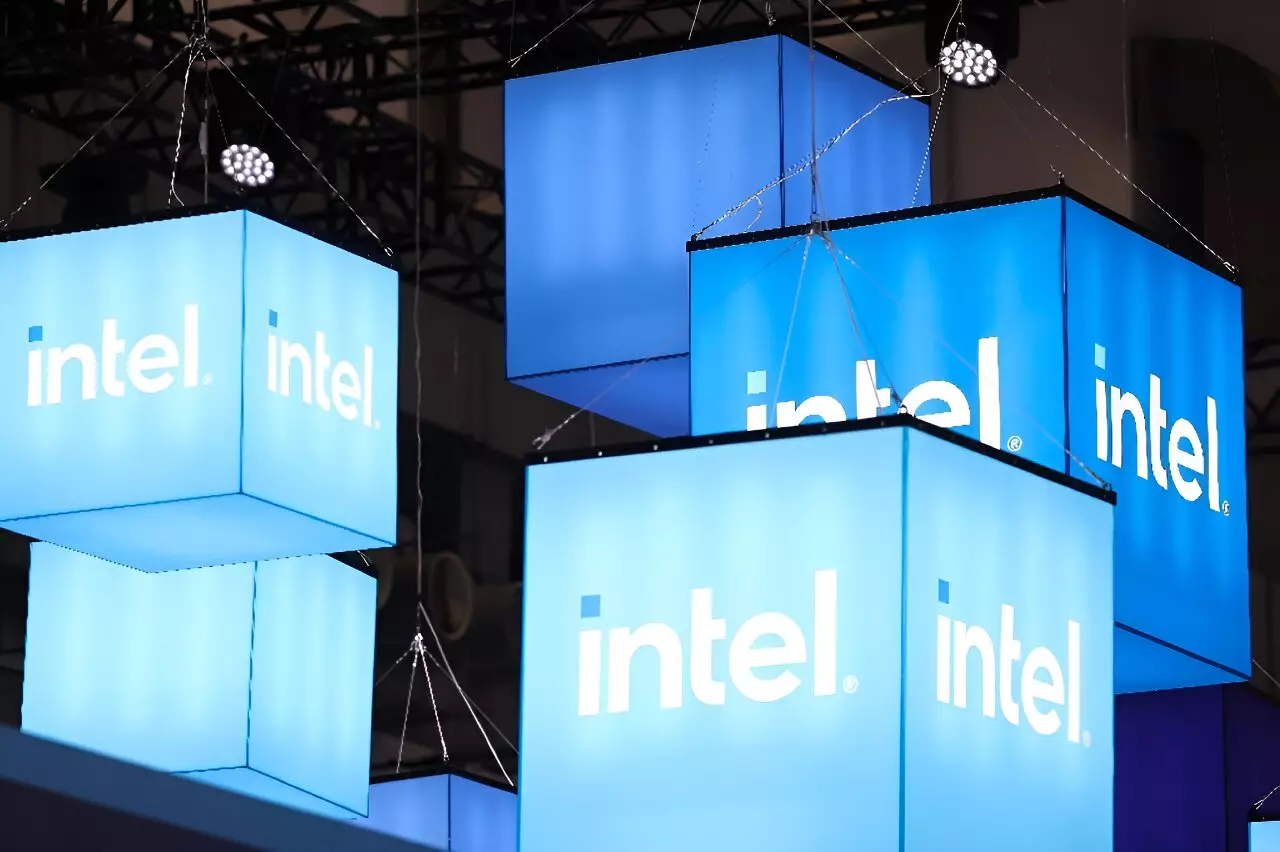Intel, a cornerstone of the global semiconductor industry, recently announced a strategic pivot that has sent ripples through the tech landscape, particularly in Europe. The tech giant revealed that it would be postponing the construction of two mega chip-making plants in Germany and Poland due to unexpectedly low demand for chips. This decision not only affects Intel’s operational roadmap but also signals a broader trend of recalibrating investments in the semiconductor sector, a vital industry that plays a crucial role in various fields, including military and consumer electronics.
The motivations behind Intel’s delay arguably stem from recent economic turbulences exacerbated by geopolitical issues such as the war in Ukraine. The conflict has contributed to soaring inflation rates, significantly impacting Europe’s economic landscape and subsequently altering corporate investment strategies. For months, German officials were engaged in negotiations with Intel regarding financing, culminating in a deal that increased government subsidies to nearly €10 billion. This reflects the urgent need of European nations to bolster their semiconductor production capabilities in a post-pandemic world, aiming to mitigate reliance on Asian suppliers.
However, with Intel’s recent announcement, the anticipated industrial boost that these factories promised to bring appears to be diminishing. The initial expectations from both the German and Polish governments to revitalize their domestic industries through substantial investments are now tempered with uncertainty.
For Poland and Germany, the ramifications of this delay are significant. Poland had already allocated $1.8 billion to facilitate Intel’s semiconductor factory project near Wroclaw, which was deemed crucial for enhancing the nation’s technological prowess. The postponement could stall that growth trajectory, hindering job creation and potential technological advancements that were reliant on these facilities. Similarly, the German project was seen as a pivotal move to secure Europe’s position in the semiconductor market, an industry that is becoming increasingly essential in a digitized global economy.
Despite the setbacks in Europe, Intel reassured stakeholders that its manufacturing aspirations within the United States remain steadfast. The company announced that it would receive up to $3 billion in direct funding from the U.S. government aimed at bolstering semiconductor production, particularly for military applications. This move aligns with the broader objective of securing the domestic chip supply chain, a vital aspect of national security in an increasingly technology-dependent world.
In a statement, Intel CEO Pat Gelsinger emphasized the company’s ongoing commitment to its facilities in Ireland, which will continue to serve as the lead hub for European operations. This reallocation of focus underscores the need for adaptability in an industry battered by supply chain disruptions and geopolitical tensions.
As Intel recalibrates its expansion plans, the semiconductor sector faces a profound period of reflection and adjustment. The company’s decision to delay its European factories highlights not only the volatile nature of demand but also the interconnectedness of technological and geopolitical factors that influence industry dynamics. While challenges persist, Intel’s strategic realignment may offer lessons on the importance of flexibility and resilience in navigating the complexities of today’s global economy. The future of semiconductor manufacturing remains tenuous, but with careful planning and adaptation, there may still be opportunities for growth and innovation in the years to come.


Leave a Reply